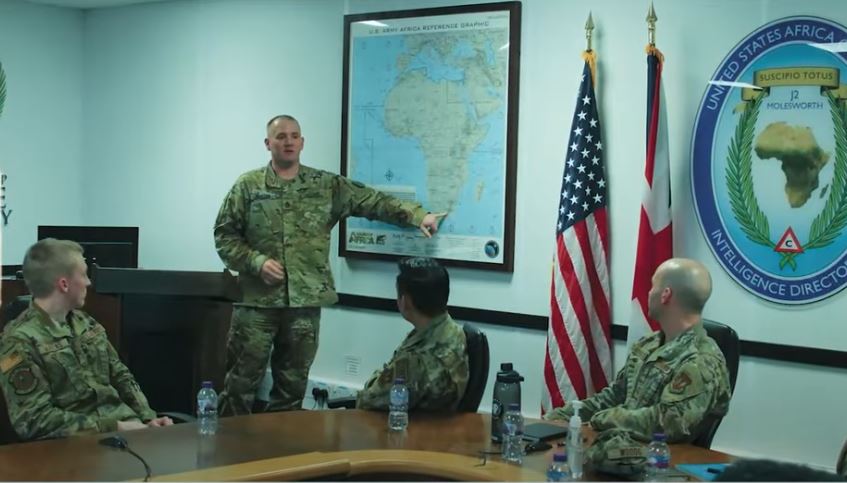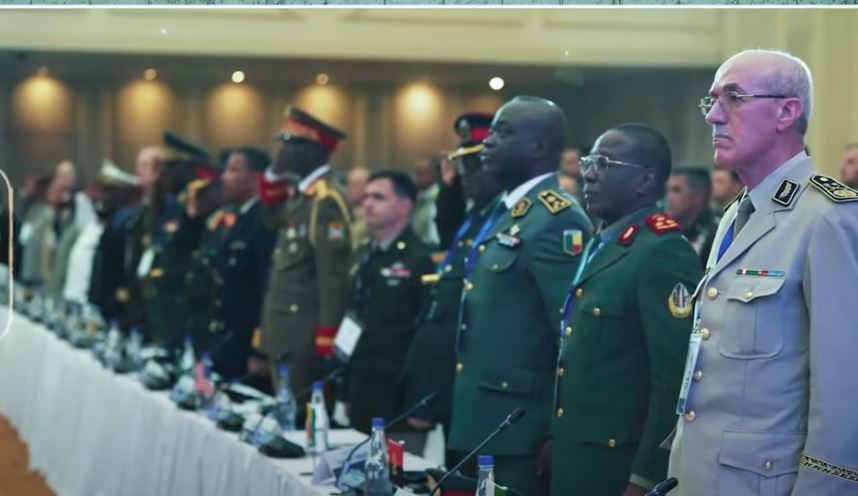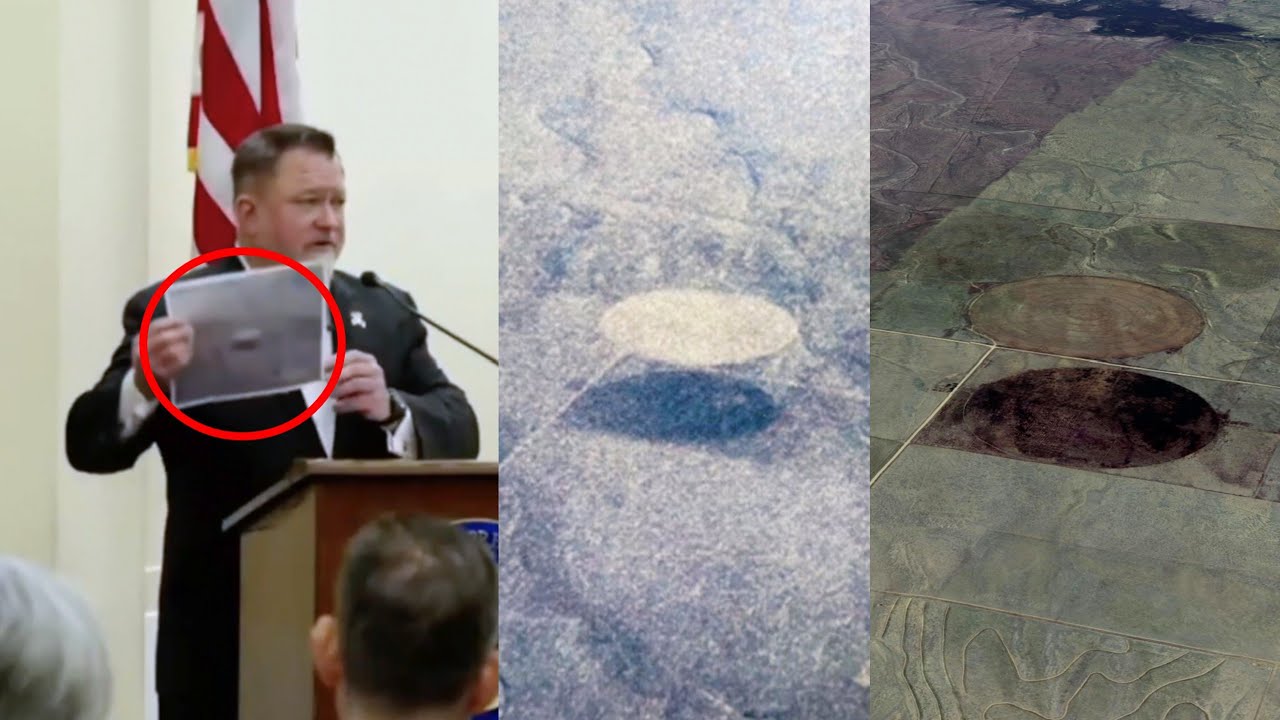**Headline: “General Langley’s Stark Warning: African Leaders Must Lobby Trump or Face Military Exodus”**

In a striking revelation that has sent shockwaves through diplomatic circles, General Michael Langley, the commander of U.S. Africa Command (AFRICOM), has urged African leaders to plead with former President Donald Trump to maintain the American military presence on the continent, or risk losing everything. This call to action raises profound questions about sovereignty and the West’s ongoing influence in Africa, highlighting a complex relationship marked by power dynamics and unfulfilled promises.
At a recent press conference in Kenya, ahead of the annual African Defense Chiefs Conference, Langley’s remarks echoed like a directive rather than a request. He explicitly stated that if African nations value the U.S. military’s role in their security landscape, they need to communicate that urgency to Washington. The implications of his statement are both alarming and revealing; it suggests that the U.S. military is not merely a partner but an entity that expects validation for its continued presence.

The backdrop of this plea is the Trump administration’s contemplation of a significant reduction in U.S. military operations in Africa, potentially merging AFRICOM with U.S. European Command. This move, framed as a strategy for efficiency, has been met with skepticism from critics who argue it signifies a retreat from African engagement, creating a vacuum that could be exploited by rival powers like Russia and China.
Langley’s comments come at a time when the U.S. military’s role in Africa is under intense scrutiny. Despite the narrative that AFRICOM exists to combat terrorism and foster stability, the reality paints a different picture. Since its inception in 2007, the presence of U.S. troops has not quelled the rise of extremist groups; instead, it has often exacerbated tensions and led to greater instability across the continent. The general’s call for African leaders to lobby for U.S. troops raises uncomfortable questions: Do these leaders truly believe that American military presence has been beneficial? Or are they caught in a web of dependency and coercion, struggling to assert their sovereignty?

Langley’s assertion that African governments should actively advocate for U.S. military support reveals a deeper issue—one that underscores the West’s historical tendency to assume that Africa needs its assistance. This mindset, often criticized as a manifestation of colonial superiority, has created a diplomatic environment where African voices are frequently sidelined. The notion that African leaders must beg for military support reflects a troubling power imbalance, one that has persisted for decades.
The urgency of Langley’s plea can be traced back to a broader geopolitical strategy. The Trump administration’s “America First” doctrine has reshaped U.S. foreign policy, prioritizing national interests over international partnerships. As whispers of a military pullback grow louder, the stakes for African nations become increasingly dire. The potential dissolution of AFRICOM could signify not only a loss of military support but also a retreat from critical counterterrorism efforts that many African leaders rely on.
As the dust settles on Langley’s controversial remarks, the question remains: will African leaders heed this call to action? Or will they seize the moment to redefine their relationship with the U.S., asserting their sovereignty and independence in a rapidly changing global landscape? The answer could reshape the future of U.S.-Africa relations and determine whether African nations can truly chart their own course free from external manipulation.
In a world where power dynamics are shifting, and the stakes are higher than ever, African leaders must navigate this complex terrain with urgency and resolve. The fate of their nations hangs in the balance, and the time for decisive action is now. As we look to the future, one thing is clear: the dialogue surrounding military presence and sovereignty in Africa is far from over.



